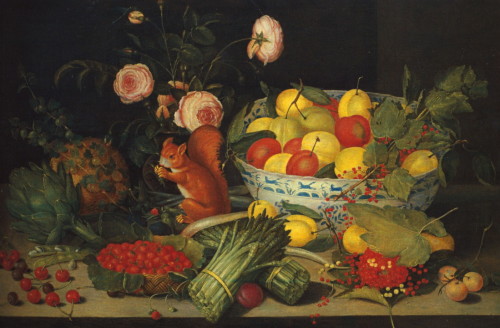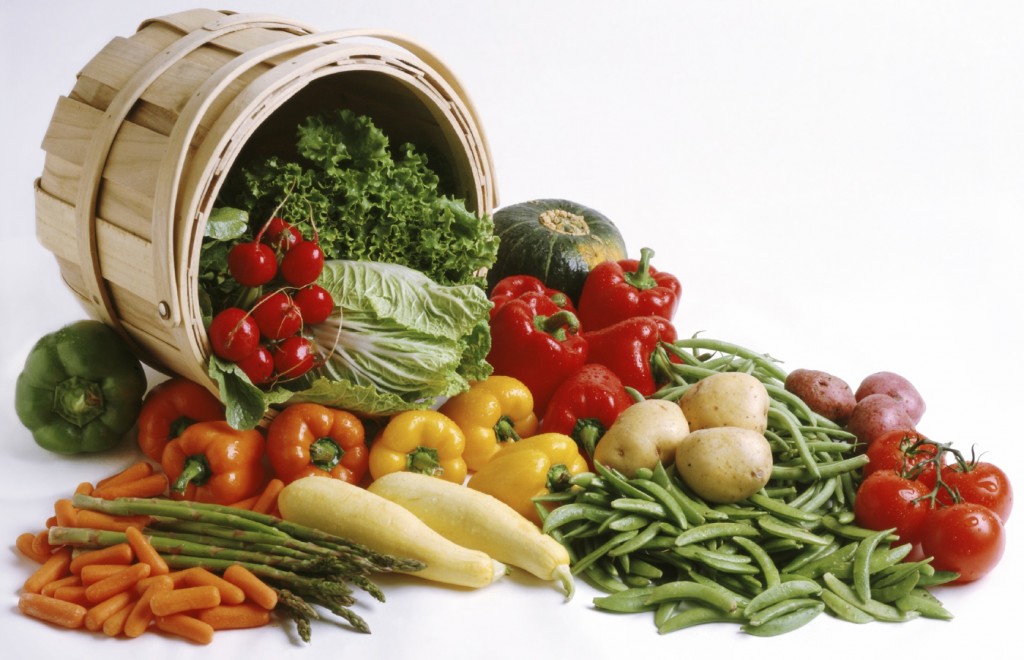Vegans and vegetarians have been promoting the lifestyle for decades and now research firmly supports a huge cancer prevention benefit to those who add fruits, vegetables, herbs and tea to their diets. Are Plant-Based Diets Good for Our Health?
A study by Susan Steck of the Arnold School of Public Health finds that a high intake of flavonoids, a group of compounds found in plants, maylower the risk for highly aggressive prostate cancer.
In a study of more than 10,000 men and women, individuals who consumed more of plant compounds called flavonoids–especially one type that is most abundant in apples–were less likely to die from heart disease or develop a variety of chronic diseases, including lung cancer, asthma, stroke and diabetes.
Some studies have shown that the risk of cardiovascular disease and cancer decline as consumption of flavonoids rises, but other studies have failed to show a protective effect of the plant compounds.
“Incorporating more plant-based foods and beverages, such as fruits, vegetables, herbs and tea, into the diet may offer some protection against aggressive prostate cancer,” said Steck, an associate professor at the Arnold School and an affiliated scholar with the Center for Research in Health Disparities.
A flavonoid rich diet — including apples and oranges — may cut the chances of developing disease by up to 40 percent in men. Previous data supports the growing experimental evidence for neuroprotective effects of these compounds, specifically anthocyanins.
Steck presented her findings at the International Conference on Frontiers in Cancer Prevention Research. The annual event is sponsored by the American Association for Cancer Research, whose mission is to prevent and cure cancer through research, education, communication and collaboration.
Prior preclinical studies have shown that flavonoids have beneficial effects against prostate cancer, but few studies have examined the effect of flavonoids on prostate cancer in humans.
Steck and her colleagues used data from 920 African-American men and 977 white men in the North Carolina-Louisiana Prostate Cancer Project who were newly diagnosed with prostate cancer. Participants completed a self-reported dietary history questionnaire to assess flavonoid intake, which was measured using the U.S. Department of Agriculture’s 2011 Database for the Flavonoid Content of Selected Foods.
Men with the highest total intake of flavonoids had a 25 percent lower risk for aggressive prostate cancer compared with those men with the lowest flavonoid intake.
“We found that higher total flavonoid intake was associated with reduced odds for aggressive prostate cancer in both African-American and European-American men, but no individual subclass of flavonoids appeared to be protective independently, suggesting that it is important to consume a variety of plant-based foods in the diet, rather than to focus on one specific type of flavonoid or flavonoid-rich food,” Steck said.
In addition, the risk for aggressive prostate cancer was even lower in those men younger than 65 and in current smokers with the highest levels of flavonoid intake. Dietary questionnaire results revealed that citrus fruits and juices, such as oranges and grapefruits, tea, grapes, strawberries, onions and cooked greens were the top contributors to total flavonoid intake among the participants. “The results support public health recommendations and guidelines from organizations such as the American Institute for Cancer Research to consume a more plant-based diet,” Steck said. “In particular, consuming more flavonoid-rich foods may be beneficial for those people who are at increased risk for cancer.”
April McCarthy is a community journalist playing an active role reporting and analyzing world events to advance our health and eco-friendly initiatives.
Sources : Prevent Disease, Image Credit










